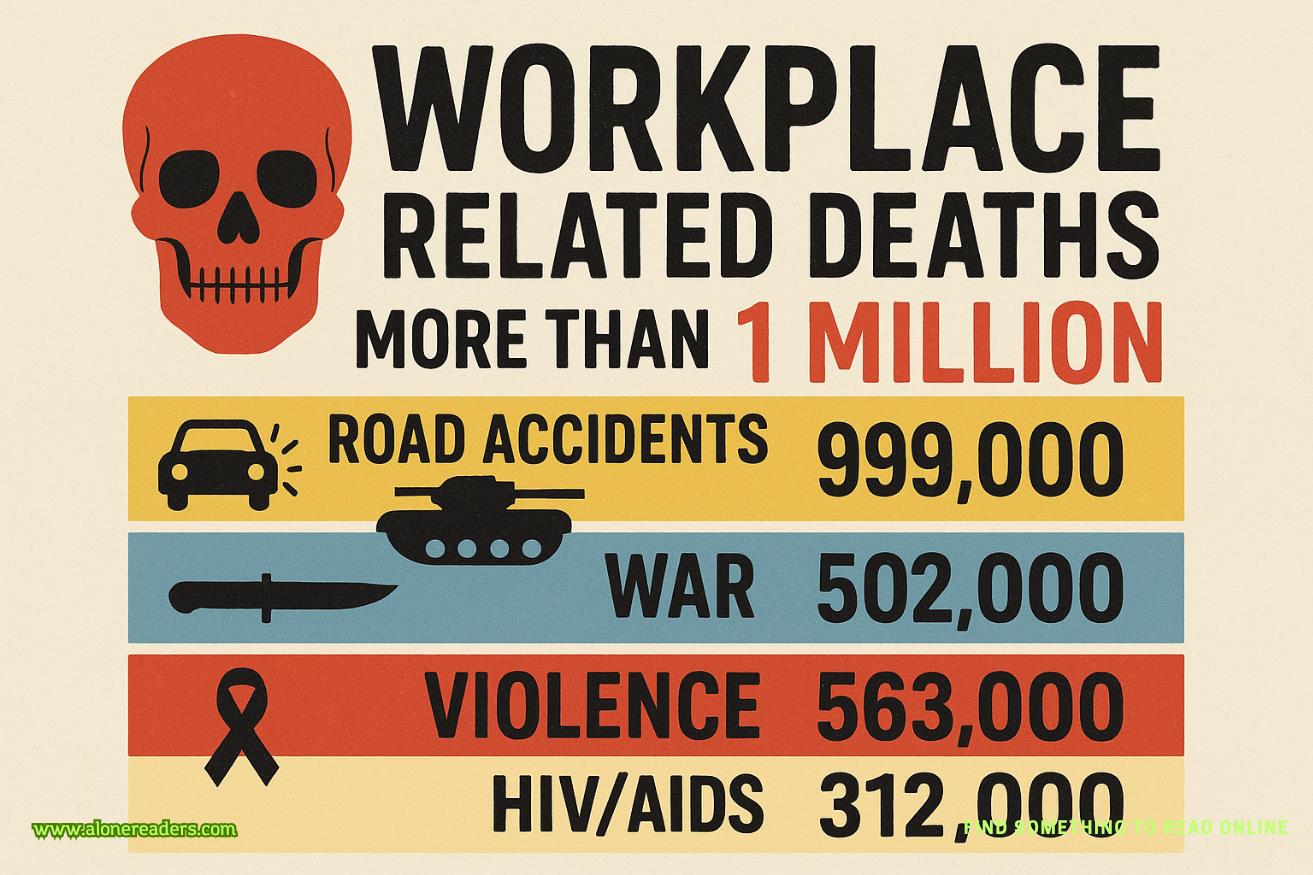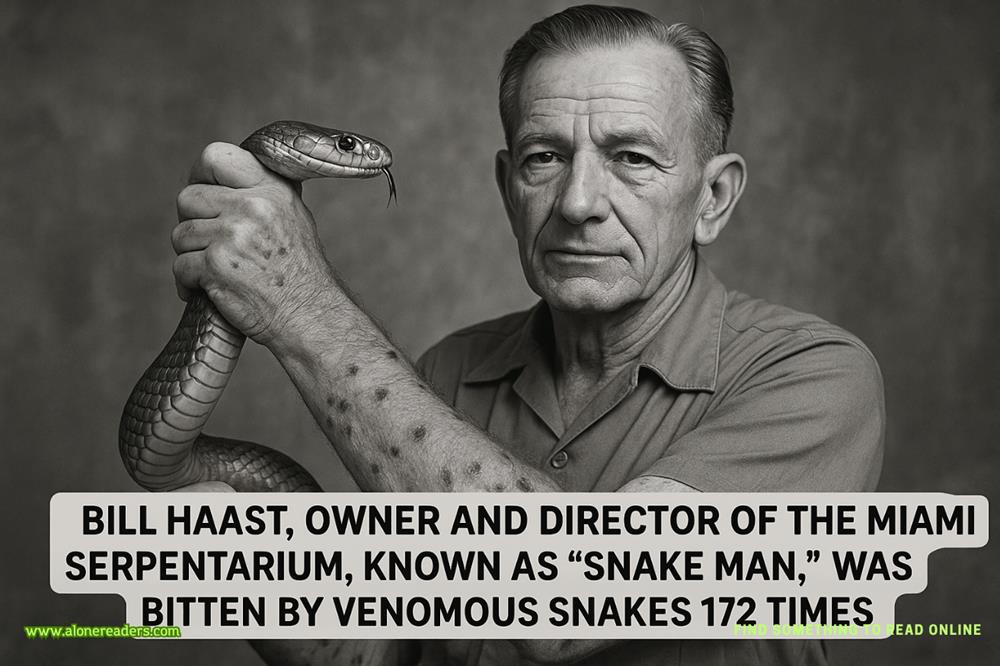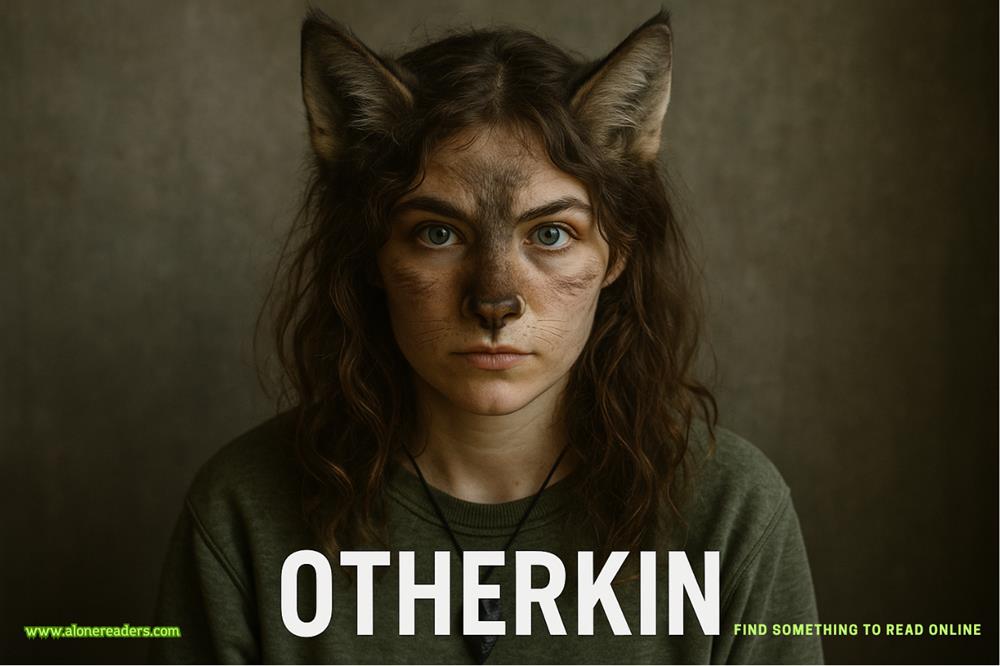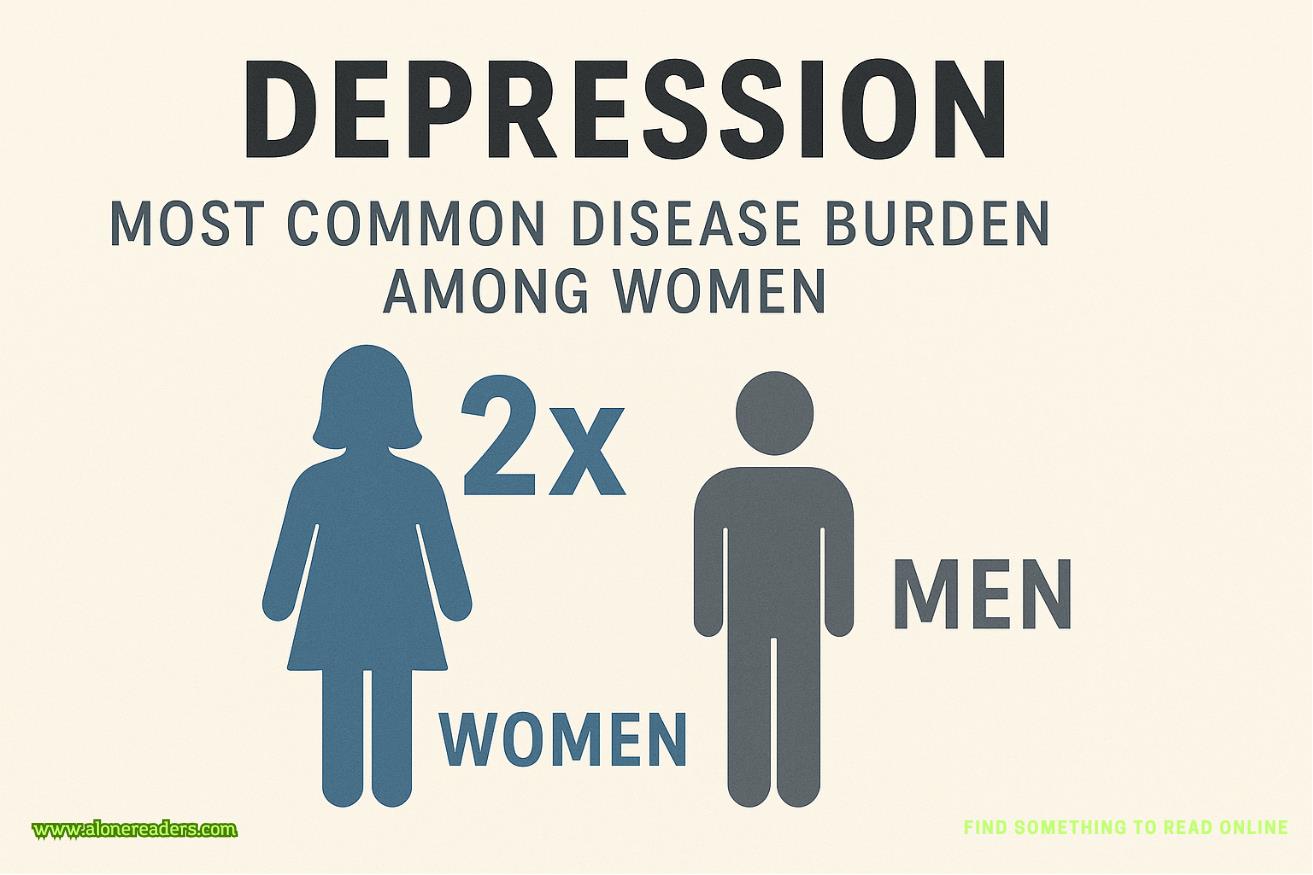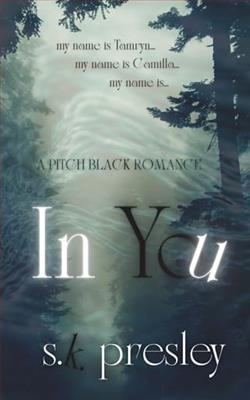Page 87 of Unclench Me Softly
“What’s he holding?” I ask.
“A pen.”
“And what’s he hiding?” I ask.
He flinches.
It’s subtle. A micro-flinch. But I see it.
And suddenly, I am very interested in this man’s metaphorical interior.
I lean forward. “What is your King hiding, Miles?”
He opens his eyes, and something in them, something normally filed under “do not access without permission,” is suddenly showing.
“Fear,” he says.
I freeze.
He continues, voice steady but low. “He’s hiding fear. Because if I’m not this, organized, efficient, controlled, version of myself... I don’t know what’s left underneath. No King. No mask. No boy. Just... space.”
Oh.
Oh no.
I might cry.
I can’t cry.
Not in the robe. If I cry in this robe, it loses its power and I have to burn it in the Sacred Bonfire of Emotional Collapse™.
“Wow,” I say, trying to sound normal and not like my insides are molting. “That was both profoundly honest and emotionally destabilizing. You good?”
He shrugs. “I don’t know. It just came out.”
“Yeah, it does that sometimes,” I mutter. “Feelings are sneaky like that. Like raccoons. Or overdue taxes.”
He looks at me then, really looks, and for the first time I see something behind the logic, behind the diagrams, and hypothesis testing and masculinity flow charts.
He’s scared. And he wants to stop being.
“What if there’s nothing to burn?” he asks.
I reach out and grab his hand before I can talk myself out of it.
His fingers twitch but don’t pull away.
“There’s always something to burn,” I say softly. “Even if it’s just the idea that you don’t get to be anything else.”
He’s quiet for a long moment. “Will you help me write it?”
I nod. “Only if we start it with: Dear Capitalism, I’d like to unsubscribe from your performance model of manhood. Love, Miles.”
He huffs out a surprised laugh. “You’re serious?”
I shrug. “Only in the robe.”
He stays. That alone is wild. Miles Sinclair voluntarily sitting on a floor cushion, robe-adjacent, with a pen in hand and trauma on the table. I half expect him to start talking to the incense.
